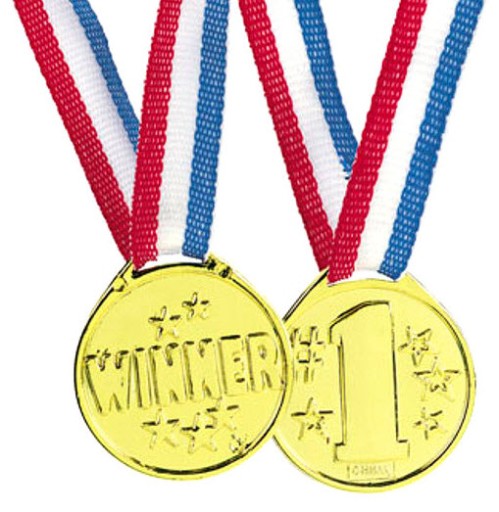The far northeastern province of Heilongjiang came into China’s National Games with 43 medals already in the bank. Yes, you read that right. 17 gold medals were “won” before the official start of the Games, and only one of those was due to an event being scheduled ahead of the opening ceremony. That’s because some bright spark had the idea of converting medals from previous events into medals that actually count at the National Games:

- An individual Olympic gold medal (won in either London in 2012 or Vancouver in 2010) is equal to two National Games golds.
- An Olympic doubles or team gold is equal to one National Games gold for each member of the pair/team.
- Breaking a world record at the Olympics (2010 or 2012) is equal to one National Games gold.
- An individual, doubles or team gold at China’s National Winter Games (held in Changchun last year) is equal to one National Games gold.
Unfortunately, that’s not even the most ludicrous aspect of the medal table (as you’ll see from reading the article below), where the winners of certain sports get three golds for finishing first, and the ninth-placed finisher still gets a bronze! Here is this week’s Sports Talk column, which discusses all the other aspects unnecessarily spoiling what should be a premier event:
China is undoubtedly one of the world’s sporting powerhouses right now, but watching the ongoing National Games – often billed as “China’s Olympic Games” – in the northeastern province of Liaoning could leave an objective viewer with a distinctly different impression.
While the quadrennial festival should be all about sporting performance, the focus instead tends to be on the sideshows and scandals. Here’s a summary of some of the main storylines:
There was the women’s seven-a-side rugby match between Beijing and Shandong in which the heavily favored Beijing team accused the Spanish referee of being biased, and refused to play the final minutes. They stood still on the field while Shandong ran up a 71-0 score. To add to the embarrassment, there was a scuffle between coaches after the game, amid reports of racial abuse.
Next there was the Hubei tennis team who had known for months that star player Li Na would not be playing and therefore could not represent her province. But the team still included her name in its entry list so that the seedings, based on the world rankings of all the entered players, would ensure an easier draw.
Then there was a fight in the water during the women’s 10-kilometer swim race. Competitive long-distance swimming can be brutal, but not so bad that the swimmers cannot finish their race, as happened in Liaoning.
One positive story to emerge was in the windsurfing competition, where Ma Jiao from Sichuan Province abandoned her own race to save Hao Xiumei, a fellow competitor from Liaoning Province, from drowning. While this selfless act rightly drew Ma praise from all quarters, you have to wonder where the rescue boats were.
But the most ludicrous aspect of these Games is its medal system, in which Olympic titles are converted into gold medals, which then actually count in the National Games medal table. Moreover, in soccer, basketball and volleyball, medals are awarded all the way down to ninth place. It’s reminiscent of an under-9s egg-and-spoon race, where everyone gets a trophy just for crossing the line. That’s fine at an early age, but a top-level sporting event should encourage excellence not mediocrity.
Similar things can, and sometimes do, happen on the global sporting stage, but here they seem to be the rule, not the exception. Until the focus gets back on the sport itself, the National Games will continue to be seen as a second-rate event, rather than “China’s Olympic Games.”
One final note on this for now: Xinhua reported that all the track athletes at the National Games had taken an anti-doping exam precisely one day before the Games started. I realize that for practical reasons that might be the easiest way to arrange the test, but it’s a little late in the day to be educating the athletes on the dangers of substance abuse, no?
And while we’re talking about Xinhua, check out this EPIC fail of Olympic proportions…


Bit of a late reply..
but the medal thing makes sense when you think about how China’s sport funding works.
Each athlete that does well at the Olympics and National Games gets a bigger piece of the funding pie for their province.
The Chinese are obsessed with awarding medals, so rather than some arbitrary points system awarded over the last few years to decide which provinces justify future funding – they culminate it into a medal table for the grand finale: the National Games.
Not late at all – all comments welcome at any time!
Yes you’re right, but because that’s how it works it leads to all sorts of underhand tricks to boost those medal totals – the trading of athletes between provinces is the most clear cut, allegations of biased reffing/judging are always present (though harder to prove), and the upshot is that people will lose faith and then lose interest, so the system will be forced (eventually) to change.
I wrote about it in more details here:
http://theliningtower.wordpress.com/2013/10/01/megalomaniacal-managers-manufacture-medal-mania/